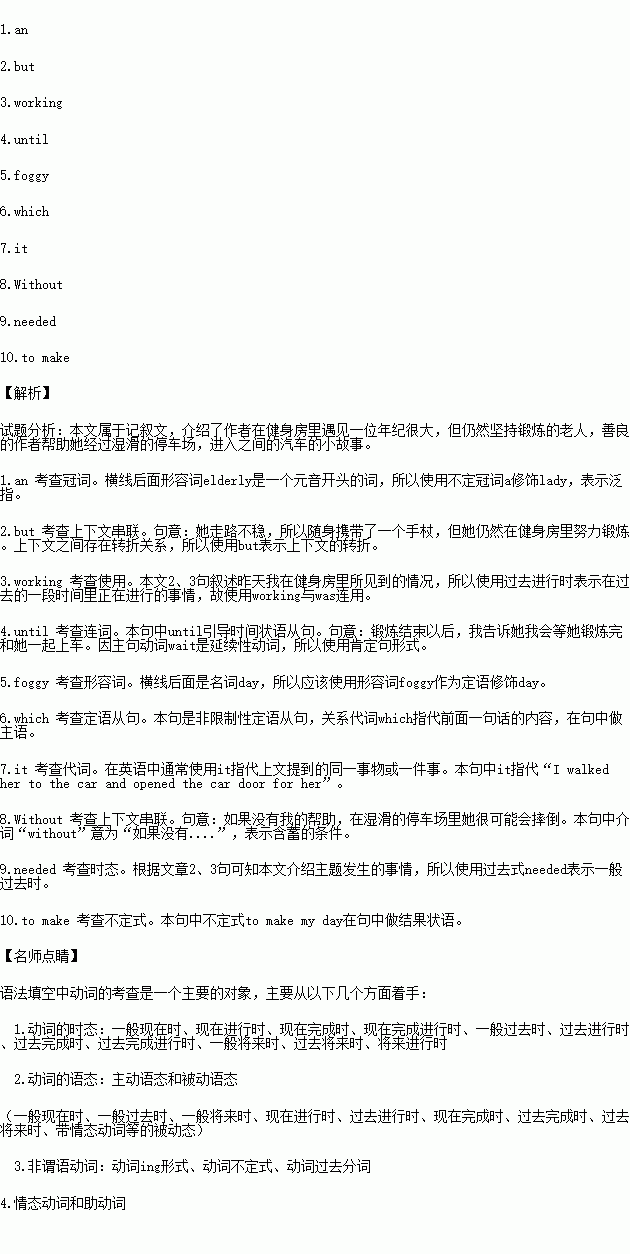Most people have some common sense. When we see something suspicious on TV, in the newspaper, or on the Internet, we roll our eyes and wonder how anyone could believe something so stupid. Nevertheless, there are stories that even educated people still believe. These tales may or may not be true, but they leave us wondering whether they are real or not. On National Geographic Channel, these stories are dissected(剖析) in full detail in the series Is It Real.
Thousands of years ago, aliens landed on the Earth. They tampered (破坏) with the evolution of humans and the results of this can be seen practically everywhere. Sound ridiculous? Not to some people. Believe it or not, there are those who believe that alien astronauts had a hand in making the human race what it is today. Travel back in time with Ancient Astronauts and visit our “alien ancestors”.
In the autumn of 1888, Jack the Ripper roamed(漫游) the streets of London’s East End. After his reign(统治) of terror was over, five women had been killed. To this day, the mystery of who killed these ladies remains unsolved. No one knows for sure, but the truth may be revealed on Jack the Ripper.
Vampires(吸血鬼). Just the thought of these fictional beasts is enough to make your blood run cold. While we may think that they only come to life in books and movies, vampires are actually based on real people. Historians, folklorists, scientists and doctors all work together to investigate the plausibility(合理性) of vampires. Take a bite into this juicy mystery on Vampires.
No other channel can offer this type of programming other than National Geographic Channel. In this unique series, they’ve stripped away 12 myths that have stood the test of time to expose the truth and find out the answer to the question—Is it real?
1.What type of person would believe these stories?
A. Those with a fear of ghosts.
B. Those without any common sense
C. Those including the educated
D. Only educated people.
2.Who was Jack the Ripper?
A. An infamous actor in London’s East End theater district.
B. The name of a traveler to London’s East End.
C. The name given to an unknown murderer.
D. The serial killer of hundreds of women in the 1800s.
3.The truth about Vampires may be known because ______.
A. a novelist is looking into it
B. different people in different fields are weighing in with it
C. there’s new evidence that can prove their existence
D. National Geographic Channel knows the truth
4.What is the purpose of this series?
A. To uncover the details about a series of murders.
B. To solve well-known crimes.
C. To hide the truth about fairy tales.
D. To analyse stories that people believe.

